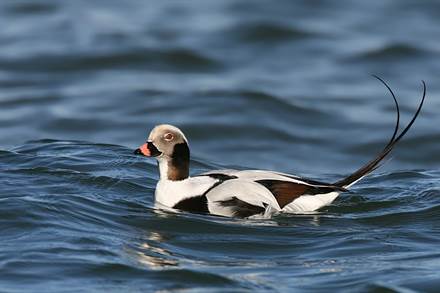
Time for action, not despair: The IPBES Global Assessment report and the solutions we offer
The Global Assessment by the Intergovernmental Science-Policy Platform for Biodiversity and Ecological Services (IPBES) paints a scary picture of decline in nature. We are losing biodiversity faster than ever before in humanity’s history. At least a million species are at risk – and the continuing loss and degradation of wetlands makes it worse. Incrementalistic policy changes are likely to be an ineffective response. The report calls for deep transformative approach, which lies at the heart of our work.
Wetlands are the natural systems which connect the terrestrial, freshwater and marine realms. They are suffering the biggest losses of all and yet are disproportionately important for people and nature. They are home to huge numbers of species which in turn renders them their value as the natural water sources, the biggest natural carbon stores and climate buffers. And yet we are losing them three times faster than forests. As a result, wetland-dependent species are in serious decline. The IPBES report reasserts this grim picture of declining wetland species from around the world. And this is bad news for nature as well as people, because people need healthy wetlands to provide their ecosystem services.
 “Inland waters and freshwater ecosystems show among the highest rates of decline. Only 13% of the wetland present in this year 1700 remained by 2000; recent losses have been even more rapid (0.8% per year from 1970 to 2008).” – IPBES report, 2019.
“Inland waters and freshwater ecosystems show among the highest rates of decline. Only 13% of the wetland present in this year 1700 remained by 2000; recent losses have been even more rapid (0.8% per year from 1970 to 2008).” – IPBES report, 2019.
“Population declines often give warning that a species’ risk of extinction is increasing. The Living Planet Index, which synthesises trends in vertebrate populations, has declined rapidly since 1970, falling by 40% for terrestrial species, 84% for freshwater species and 35% for marine species.” – IPBES report, 2019.
As eloquently conveyed by the assessment, biodiversity loss, including wetland loss, is not just an environmental concern but also a moral one. Moreover, biodiversity loss is undermining our chances of reaching Sustainable Development Goals. This is why Wetlands International calls for mainstreaming wetlands and their biodiversity to be more central in designing and implementing development schemes.
We echo the authors in calling for people to develop a new relationship with nature – one in which we accept our role as a part of nature and in which we work with nature. We call for a transformative agenda that would involve embracing wetlands as natural capital and employing “building with nature” approaches to tackle linked development and climate challenges. To oversee this, we need governance which integrates sectoral policies, technologies, financing and stimulates behavioural change.
The philosophy and science of Nature-Based Solutions form the core of our work, in which well-being of nature and people are intertwined and interdependent. We see in our daily work many good examples of Nature-Based Solutions to follow and scale up, that can show the way to transform our landscapes and contribute to a safer world. We invite everyone to join our work to safeguard wetlands for people and nature.
